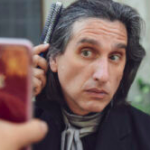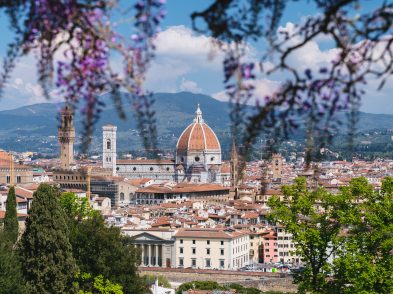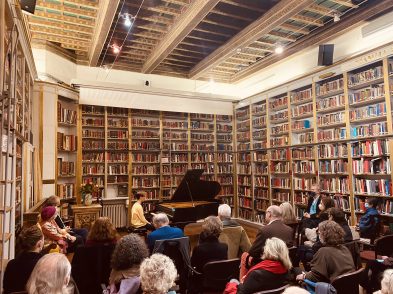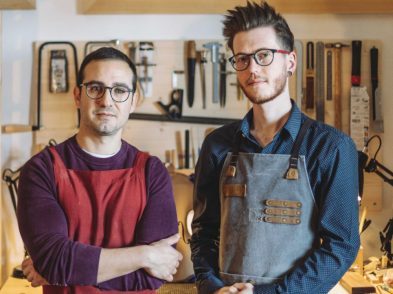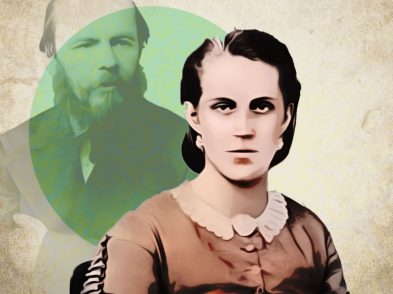It was June of 2013, I was appearing on stage in southern California in the role of George Gershwin and making Florence home was still a dream. A group of Russian producers came to see me perform this “son of Russian immigrants,” who “made a Lady out of Jazz” with his Rhapsody in Blue and more. Several days later, I received an email from one of the producers inviting me to create a play to be performed in Russia.
“Perhaps you might choose to portray our hero, Pyotr Ilyich Tchaikovsky, yes?”
A quick email back and the mission had been accepted. By that point I had learned the Bb Concerto, I had played various of his solo piano works in concert including “The Seasons” and “Dumka”, and was very familiar with the last three symphonies, Swan Lake, The Nutcracker, and even the very Russian-sounding “Souvenir de Florence,” memories of a Russian soul who made his home for a time in Florence. While I was quite familiar with a good selection of his music, famous as it is, I knew little about the man other than he lived a tortured life, afraid that his homosexuality might be revealed; that he had a Russian patroness who, at her demand, he never saw face to face, but only communicated with through intimate letters, and that there was mystery surrounding his death.
Little that I knew of the story, I was immediately engaged by what this “mystery” aspect might be and launched into a preliminary character study to see where it would take me. Four days later, on June 30, 2013, news came out of Russia that their parliament, the Duma, had voted 432 to zero with one abstention forbidding “any public displays of matters of homosexuality.” Telling Tchaikovsky’s personal story using his own letters and diaries had become against the law. I gently turned down the invitation.
However, having committed to creating a play about the master, multiple theatres in the west booked it, and the play Our Great Tchaikovsky premiered in San Diego in January of 2017. One extended scene has Tchaikovsky writing to this patroness Nadezhda von Meck, whom he never saw, and the extended text for performance is the actual letter. It is a central scene that I have performed some 400 times to date. The letter was written in March of 1878, in Florence. Tchaikovsky came to the Tuscan capital following a disastrous three-month marriage with a former student of the Moscow Conservatory who had made advances. He believed that perhaps going down such a path might “set him right”. Once here in Florence, he came to the conclusion that:
“Only now, do I finally begin to understand that there is nothing more fruitless than wanting to be other than what I am by nature.”
From my studies, I had come to know Tchaikovsky’s every composition emanating from his Florentine sojourn as well as every move in the city, in particular that Florence seemed to give him a certain peace where he could place his thoughts about his own life in perspective. One can find this in many of his letters from Florence that number hundreds of pages. One also reads intimate details of his visits to the Uffizi, Palazzo Vecchio, Basilica of San Lorenzo and his love of Florence’s grandest park, Parco delle Cascine, with its luxuriant herbage and historic follies, monuments and structures. One learns of his discovery and infatuation with a young street singer, “Vittorio,” who he heard singing “Pimpinella”. He then turned the melody into a brilliant art song for voice and piano, his only one in Italian.
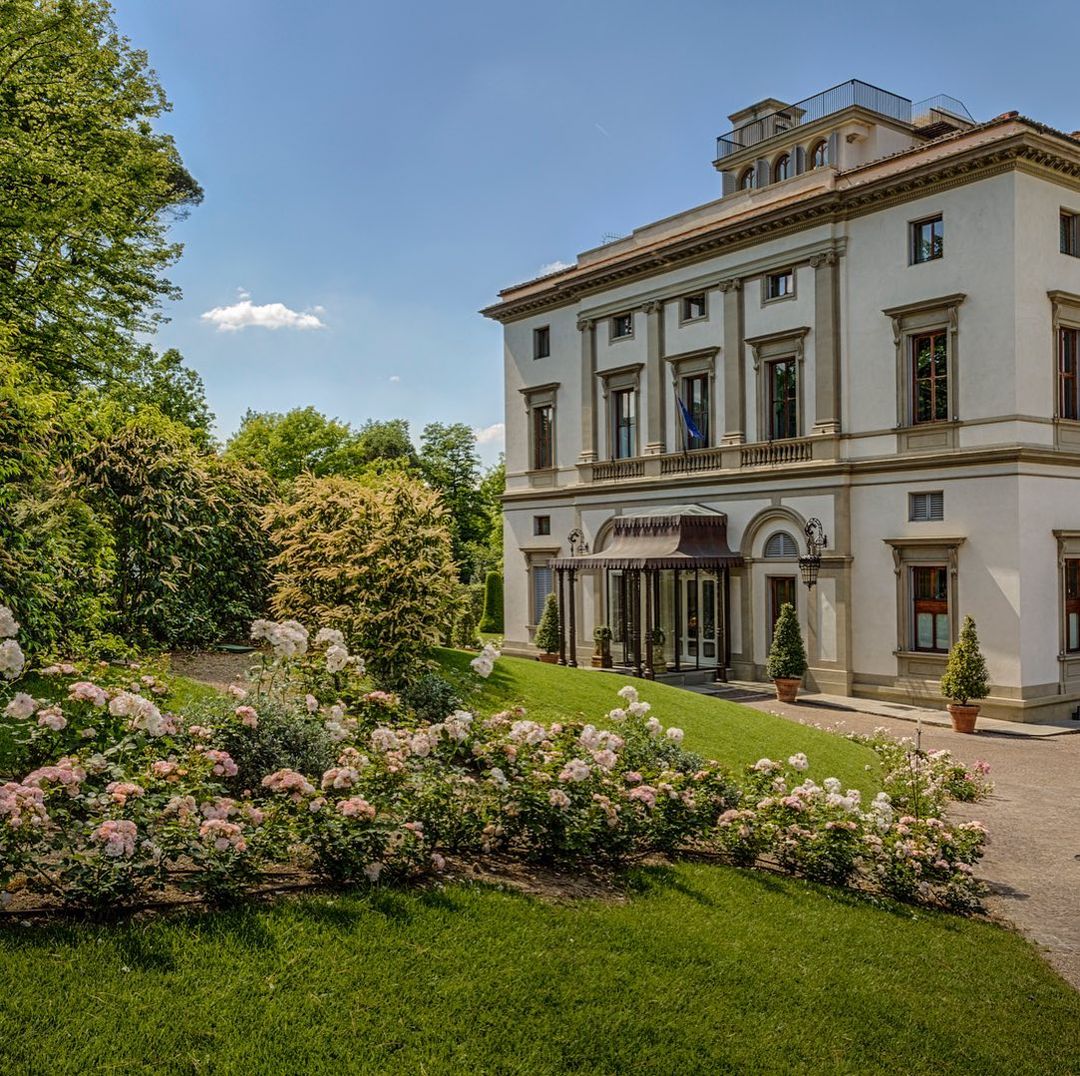
Villa Cora, ex Villa Oppenheim
Then there was the time that his patroness invited him to join her in Florence, where she stayed at her Villa Oppenheim, today the luxury hotel Villa Cora, and he—so as not to see her—stayed up the street in via Bonciani, just steps away from piazzale Michelangelo, with the glorious David keeping watch over his beautiful domain. Tchaikovsky and Von Meck exchanged letters several times a day, still never seeing one another, as she said:
“For me, a man who composes such music is a perfect man. I do not wish to undo that image by meeting you.”
Two days after being sprung from lockdown this May, but still with the mandate to be extremely careful, I was invited to visit a musical friend in Impruneta, the elegantly historic commune just on the other side of the city. Rather than take the autostrada, I decided to leave early enough to drive up the viale Machiavelli and alone the viale dei Colli, the avenue of the hills that overlook the magnificent city set with 19th-century gems, villas and gardens, including the grand bronze David, who made his way up via nine pairs of oxen in June of 1873. It would be my first venture out in some eight weeks.
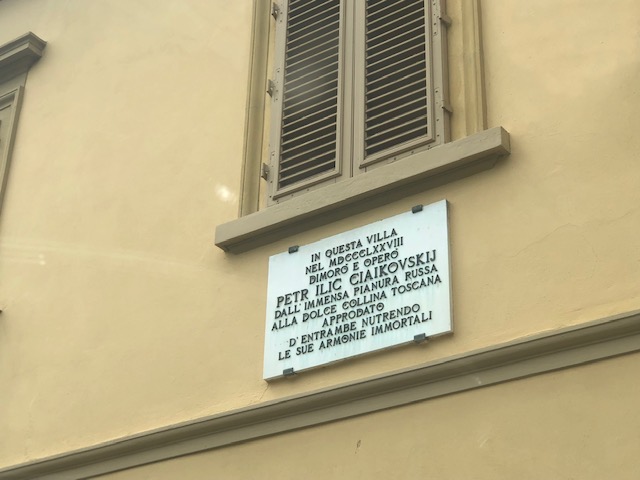
Villa Bonciani, where Tchaikovsky resided in Florence
With some time before my appointment, I parked my car at David’s feet, and stood on the empty piazzale gazing at the city. The sky was a misty grey, and even though we were free to move about, a certain sadness prevailed. Even David seemed somewhat resigned. I then turned right, to walk a little, taking in my beloved city from above. Just as I was about to turn back, there it was, a plaque on the corner of a villa with its terrace above the trees. The house where Tchaikovsky lived for a time when he was here in Florence, where he stood right there on that terrace in February 1878 and proclaimed:
“My God! What a beautiful City this is!”
Tchaikovsky – Live From Florence
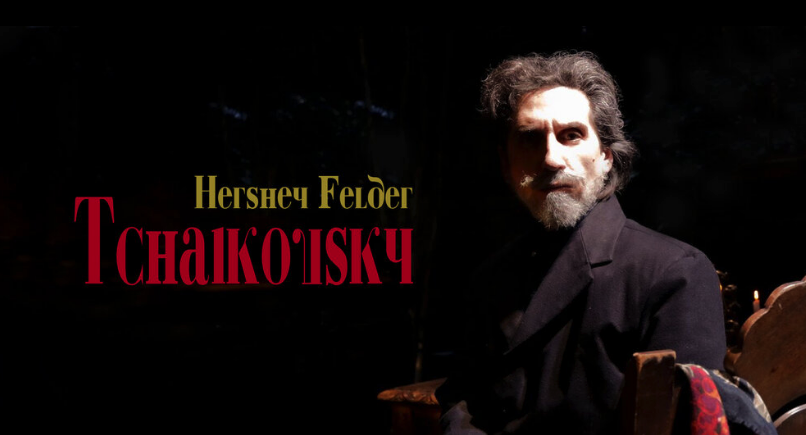
Hershey Felder will perform Tchaikovsky – Live From Florence on Sunday, December 20 at 5pm Pacific, 7pm Central and 8pm Eastern time.
The performance will be based on Felder’s original play Our Great Tchaikovsky and will feature an extended focus on The Nutcracker Ballet especially for Christmas as well as the composer’s life in Florence.
Tickets ($55 per household) are now available for purchase. Includes viewing access to the live stream and additional one-week access to the recording. A percentage of ticket sales will benefit US theaters and The Florentine.
Book your tickets here
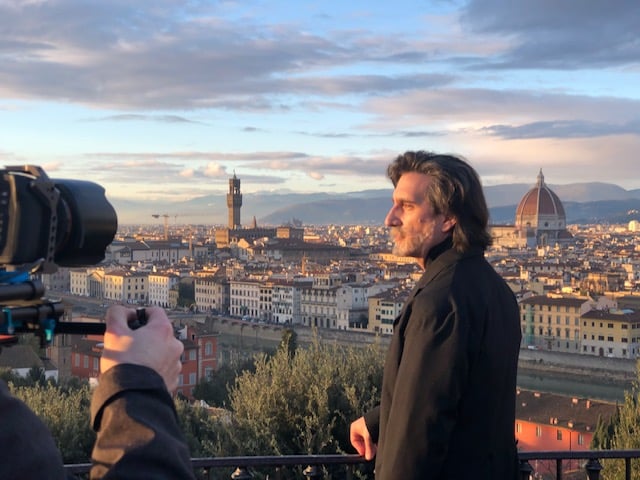
Hershey Felder as Tchaikovsky at piazzale Michelangelo, Florence

